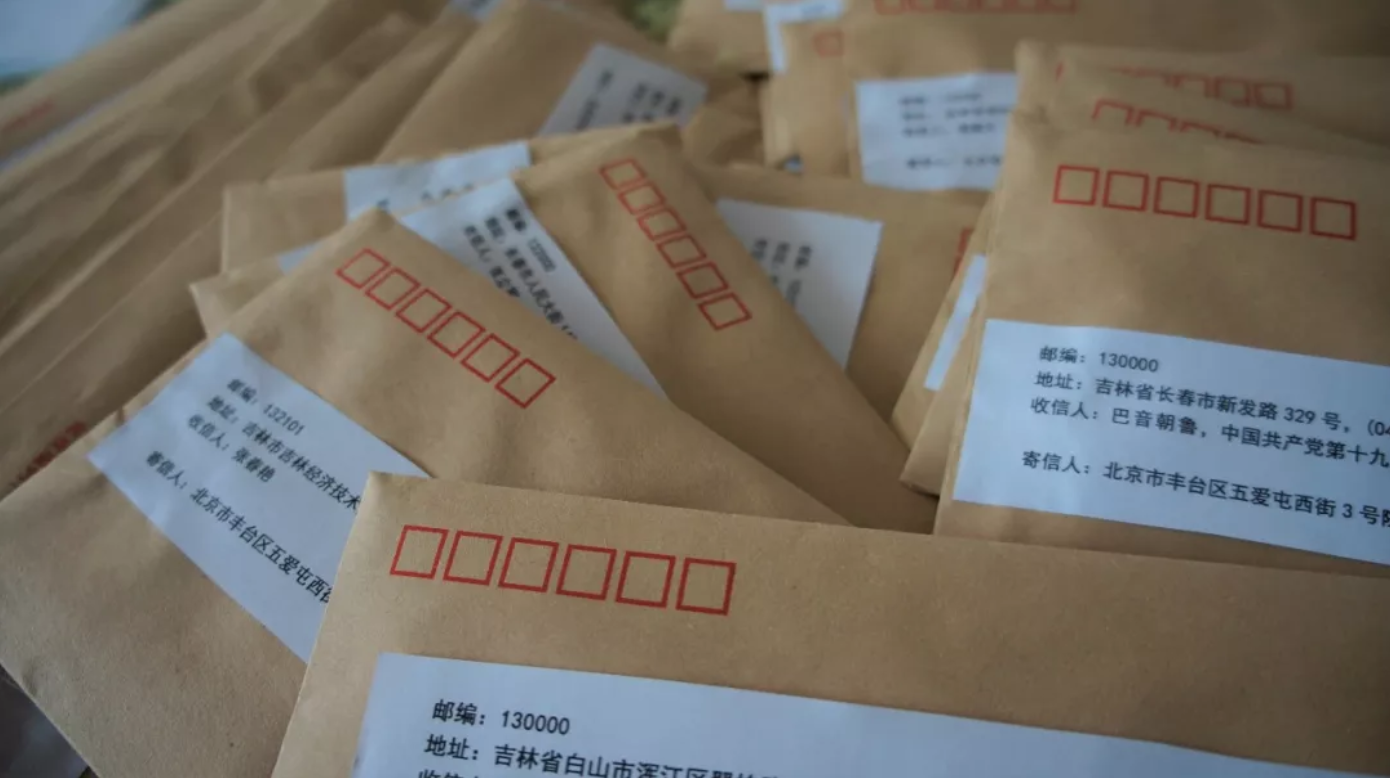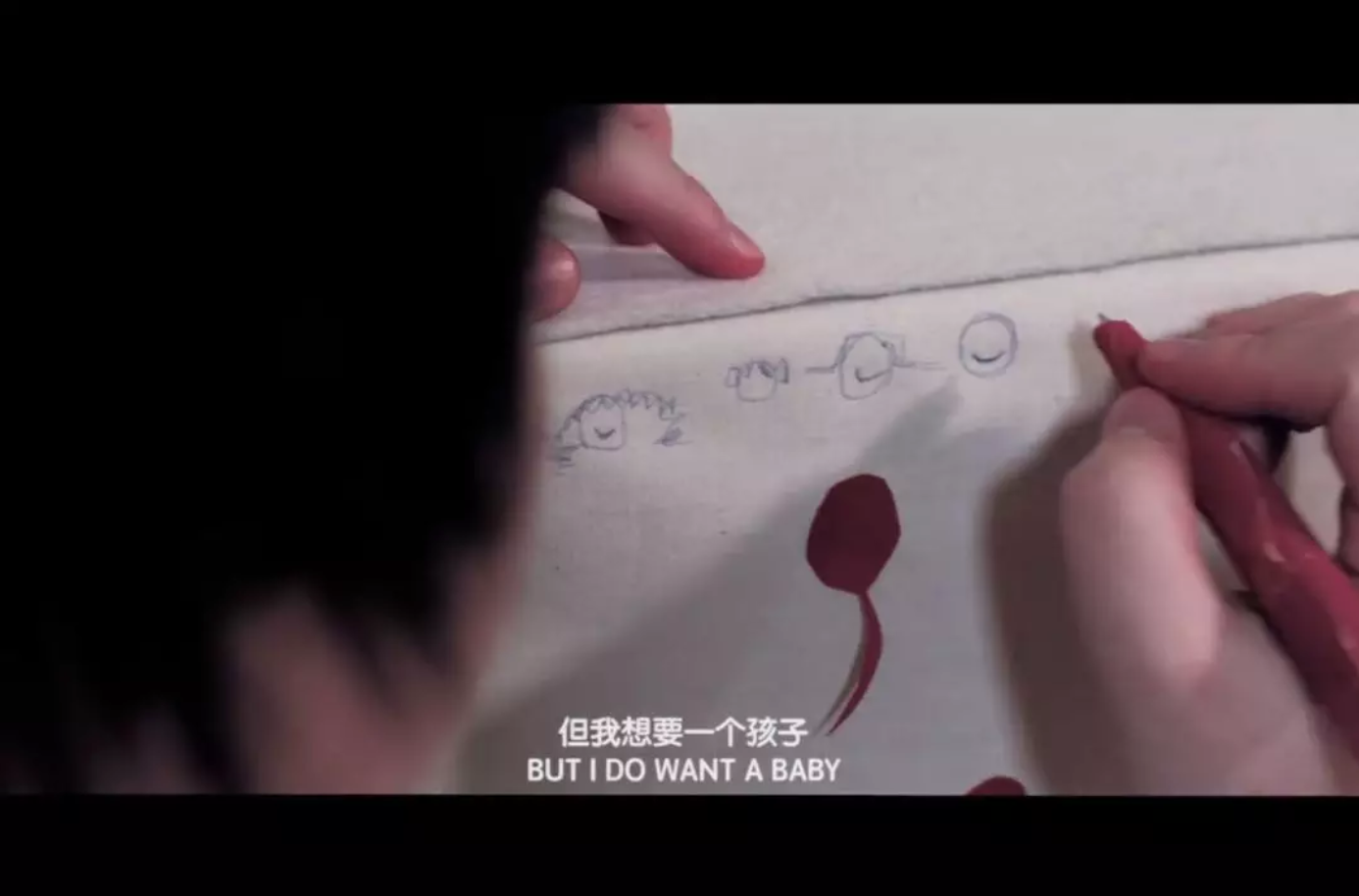Single woman in Beijing requests access to national sperm bank
Single woman in Beijing requests access to national sperm bank

An unmarried woman in Beijing is calling for Chinese lawmakers to remove restrictions on single women shopping in the country’s national sperm bank.
Calling herself Alan 阿烂, the 27-year-old woman has sent letters (in Chinese) to more than 70 deputies to the National People’s Congress, hoping that a proposal to grant single women’s access to the state-run sperm bank will be drafted and discussed at this year’s Two Sessions in March.

“I have always liked babies. The older I get, the stronger my desire to conceive. For me, part of what it is to be human is to be a mother,” Alan wrote on her personal WeChat account. “I am not down for marriage at this point of my life, but I am confident that I will be a competent mother.” She added that she was greatly disappointed when she found out that the national sperm bank only provides services to married couples. “While I’m not ready for marriage at this point, I’m fully prepared for pregnancy, physically and mentally. I believe in my rights to have babies,” she said.

According to Alan, she has been actively seeking a partner (in Chinese) to form a family since 2017, but her endeavor failed to yield any results. Her pessimism about the prospect of getting married in the near future prompted her to adjust her perspectives on family. “After years of struggles, I now have a very low interest in marriage. I want my life in my full control,” she said, adding that the main thing she wants for her life now is sperm.
In addition to demanding access to the national sperm bank, Alan is looking for sperm donors online. Last week, she released a video (in Chinese) on WeChat, in which she introduces herself, explains why she wants babies while remaining single, and gives her contact information.


Under current fertility regulations, government-approved sperm banks in China can only serve married couples. Meanwhile, single women are banned from receiving reproductive treatments such as IVF by hospitals and clinics. Facing a host of restrictions, unmarried Chinese women with a desire to conceive often turn to underground agencies, which operate in a murky area devoid of strict regulations.
In 2015, China ended its decades-long one-child policy to combat a shrinking working-age population. But in the following years, the country didn’t see a remarkable growth in birth rates. Rather, despite the government’s aggressive campaigns to encourage childbirth, China’s fertility rates have been declining to a point where a few famous demographers have predicted that a population crisis is fast approaching.
Given the demographic challenges facing the country, it seems odd for Beijing to incentivize couples to have more children while continuing to limit single women’s fertility rights. Puzzled by conflicting policies from the authorities, Alan wrote, “Single women with strong wills to have babies can help the country increase its birth rates. Why are we still grappling with all these restrictions?”






